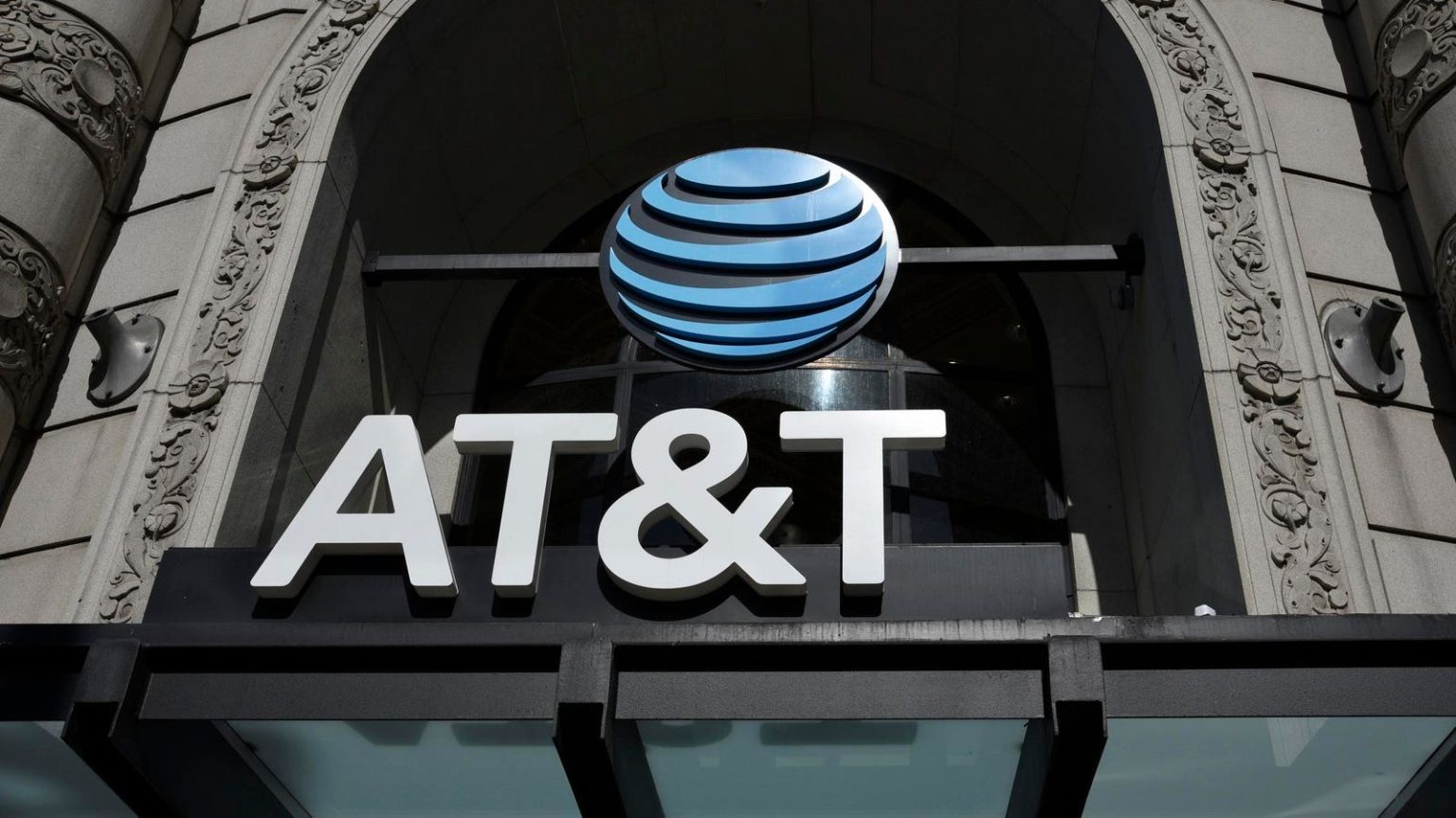Personal information from about 73 million AT&T customers, including Social Security numbers, was leaked on the dark web earlier this month. The origin of the data is still unknown, with investigations ongoing to determine whether the leak came from within the company or one of its vendors. The leaked data set appears to be from 2019 or earlier, affecting approximately 7.6 million current and 65.4 million former account holders. AT&T stated that there is no evidence of unauthorized access to its systems, and the leak has not had a significant impact on its operations. In response to the breach, the company reset millions of customer account passwords and plans to communicate with those affected, providing credit where applicable.
In a separate incident, AT&T customers experienced a widespread outage last month, with over 70,000 customers losing cell service across several states. The Department of Homeland Security and the FBI assisted the company in investigating the outage, ultimately concluding that there was no evidence of a cyberattack. AT&T offered affected customers a $5 credit, the average cost of a full day of service, attributing the outage to an internal error. This incident highlights the importance of cybersecurity measures and proactive response to service disruptions.
The data leak at AT&T is not an isolated incident, as other communications firms have also faced similar breaches in the past year. Verizon reported a data breach last month, informing the Maine Attorney General’s Office that over 63,000 employees had their personal information exposed in an internal breach in September. It was found that a Verizon employee obtained a file containing employee personal information without authorization, including names, addresses, dates of birth, and Social Security numbers. T-Mobile also reported two breaches impacting customers, with the latest incident in May affecting 836 customers, although no financial information was accessed. These incidents highlight the vulnerabilities in data security measures and the importance of implementing stronger protections to safeguard customer information.
As part of its response to the data breach, AT&T has taken steps to address the impact on its customers, including offering credit where applicable and resetting account passwords. The company stated that it will communicate proactively with those affected by the leak to provide support and address any concerns. While there has been no material impact on its operations, AT&T is taking the breach seriously and working to enhance its security measures to prevent future incidents. The company’s transparency in addressing the breach and commitment to customer support are crucial in rebuilding trust and ensuring the security of customer data moving forward.
Overall, the recent data leak at AT&T underscores the ongoing challenges faced by companies in protecting customer information in an increasingly digital landscape. With cyber threats becoming more sophisticated, organizations must remain vigilant and take proactive measures to safeguard sensitive data. By promptly addressing breaches, implementing robust security protocols, and offering support to affected individuals, companies like AT&T can mitigate the impact of such incidents and maintain the trust of their customers. As technology continues to advance, the importance of data security and privacy measures will only continue to grow, making it imperative for companies to prioritize cybersecurity efforts to protect customer information.


